
Do oak supply problems have winemakers over a barrel?
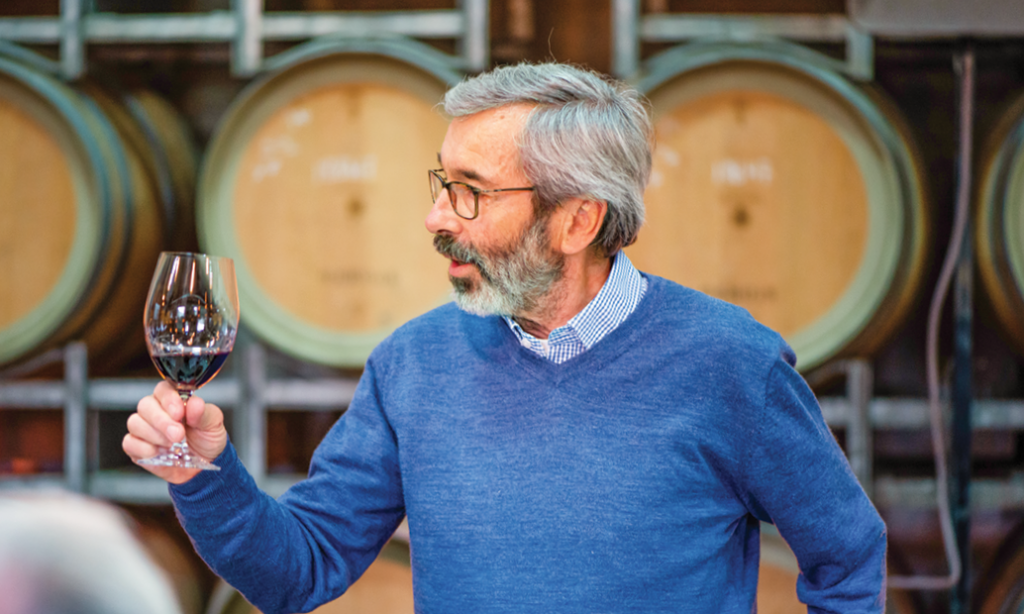
While it has advanced and changed over time, oak remains a central pillar of winemaking, maturing countless styles of wine, and imparting flavour and aroma complexity. With reports of oak supply issues causing problems for some producers, journalist Samuel Squire asked about the potential impact on the local industry.
Amidst disruptions to global supply chains, some Australian wine producers have reportedly been struggling to secure supplies of French oak barrels in time for next year’s vintage.
But despite supply chain issues caused by ongoing COVID-19 measures playing havoc with shipping schedules, not all local winemakers are being affected, including premium wine producers.
Henshke in the Barossa orders between 60 and 80 oak barrels from Europe each vintage, but the delays aren’t having as great an impact on their operations thanks to some careful forward-planning.
Stephen Henschke said that ordering in advance has been the key to ensuring oak supplies arrive on time for vintage, although he added that biosecurity issues are still impacting delivery schedules.
“Suppliers have been up front about potential delays. To this point, as long as we have been able to meet supplier cut-off times, we have received orders in time,” he said.
“Biosecurity measures are absolutely necessary, such as for the marmorated stink bug, and this may cause delays during container treatment at ports.”
Grapeworks, an Australian supplier of oak products to the wine sector, and one that sources its oak material from Europe, says the company has been fortunate enough to be fairly “sheltered” from ongoing oak shortages.
“Our producers [overseas] have had good stocks of oak that have been ageing in their yards, so supply has not been a problem for us yet,” said Neil Addicott, who specialises in purchasing operations at Grapeworks.
“The lack of containers is overcome by allowing for more time. We have an excellent working relationship with our shipping forwarders in Europe that make things a lot easier too.”
Addicott says the main causes for concern regarding the oak shortages from Europe have centred on time and cost.
“Manufacturing equipment has been slower mainly due to a lack of components in Europe, but [again] close communication with our suppliers and customers has helped to reduce any impact,” he said.
“Of course, the rising costs of raw materials and shipping are going to be a problem for us as an industry, but we are doing our best to contain these by shipping more efficiently where possible.”o
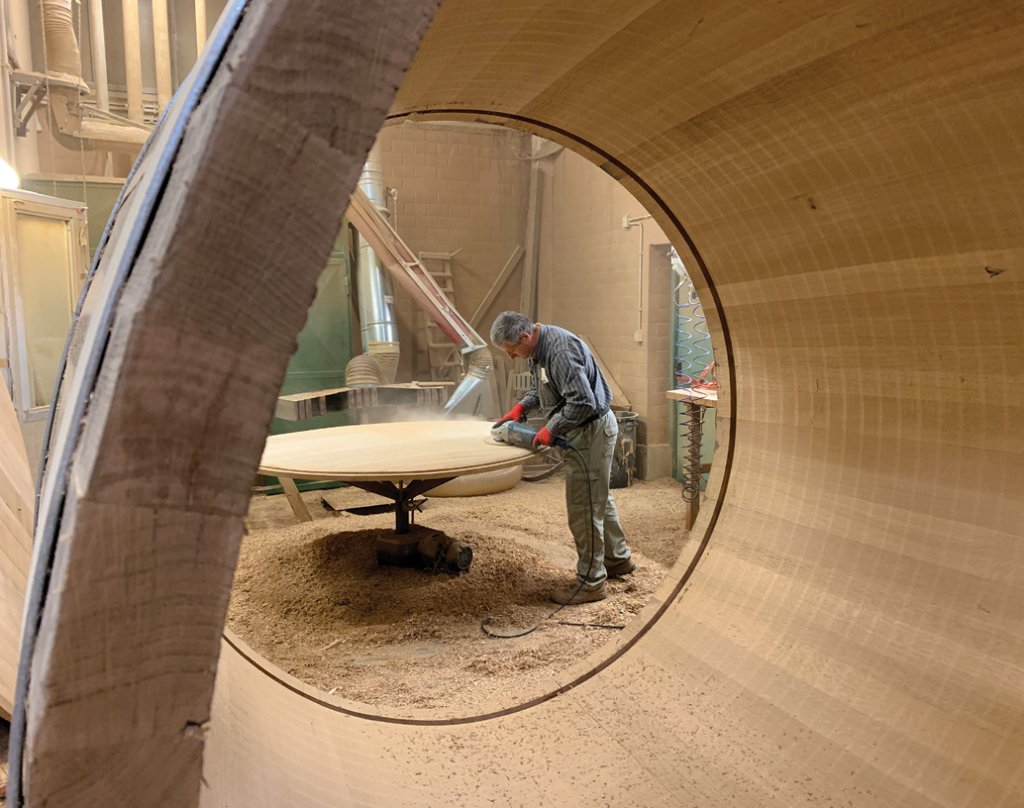
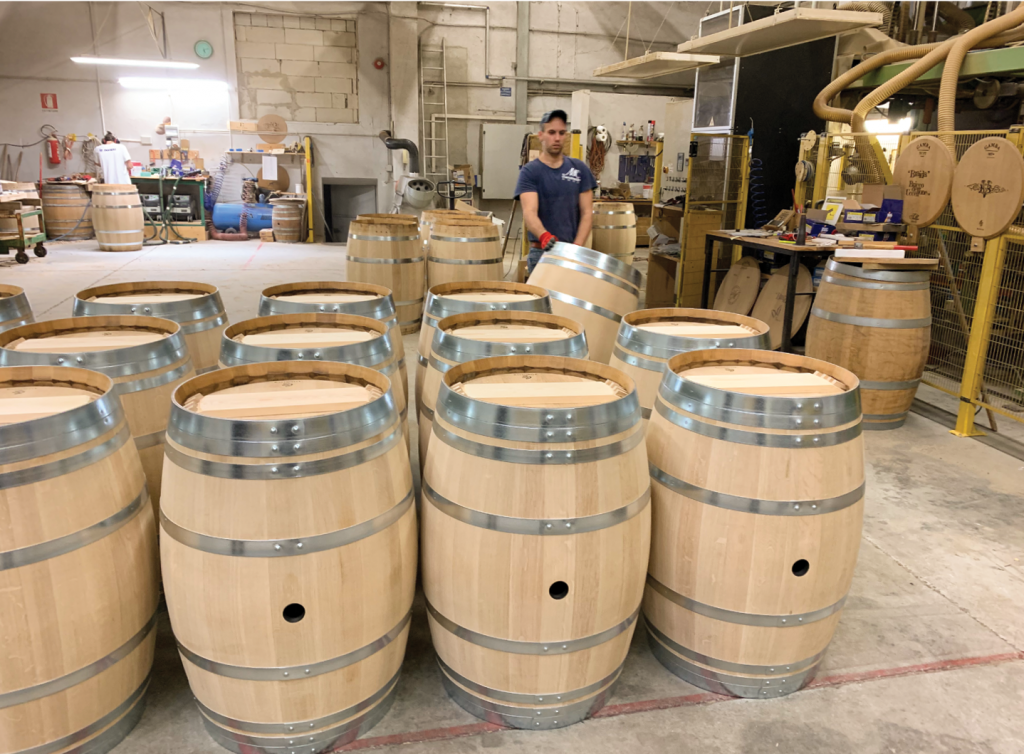
Ordering early
Addicott says Grapeworks, among many local suppliers of oak products, is being told to get its orders in as early as possible to circumvent any potential delays. However, he says that in doing so, pressure is then placed on producers to know exactly what their needs may be further in advance than normal.
“The main problem facing us is getting orders into the factories early enough to ensure delivery before vintage. Of course, our customers don’t know what they are going to need so far in advance of vintage so there is a lot of research and risk required from both our clients and ourselves,” he said.
“’Get your orders in early’ has been repeated to us many times by our many suppliers.
“The rising costs of stainless steel and availability of components is causing a need for us to get orders [for these] in as early as possible, so that our customers can buy before the costs of production rise as well as to ensure delivery on time.”
When it comes to availability of French oak in particular, it has been speculated that the squeeze in supply may not be a short-term problem which will be resolved when trade patterns and shipping normalises.
According to a report by The Drinks Business, the volume of raw oak available to French sawmills for all purposes, not just cooperages, has halved.
The French government meanwhile has been keen to reduce the supply of locally-grown oak being shipped outside the European Union because “timber conversion generates between 10 and 20 times as many jobs as raw timber exportation.”
As a result, coopers “from China to California” are now competing more intensely for more restricted oak supplies.
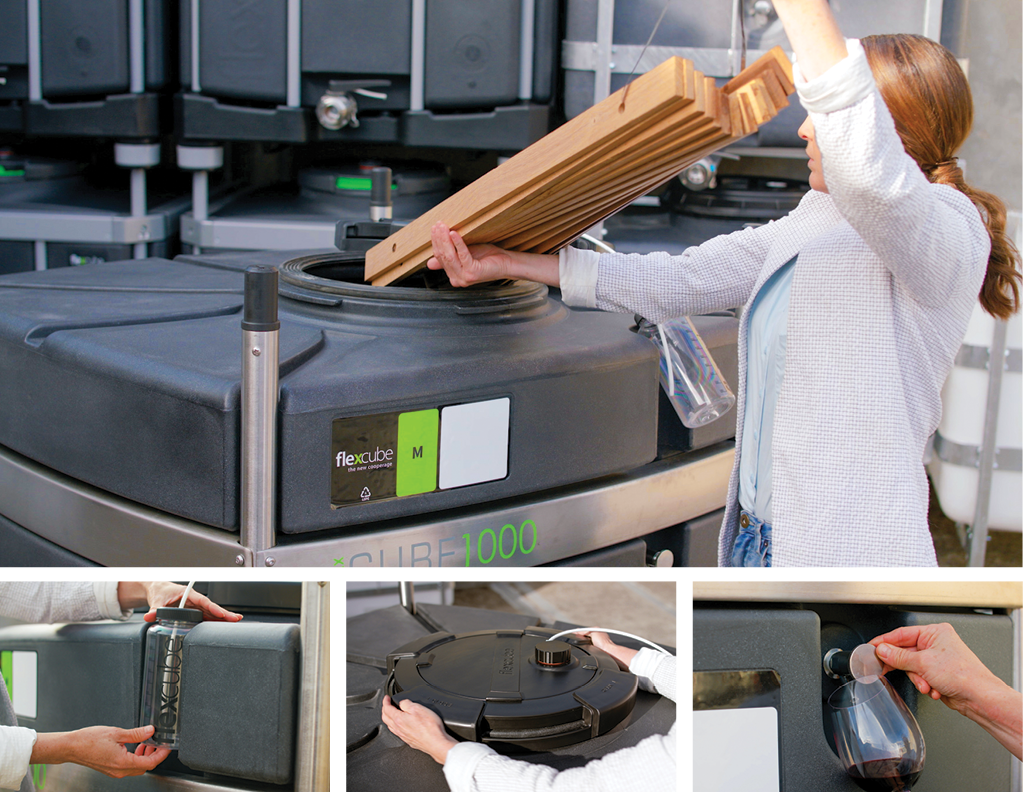
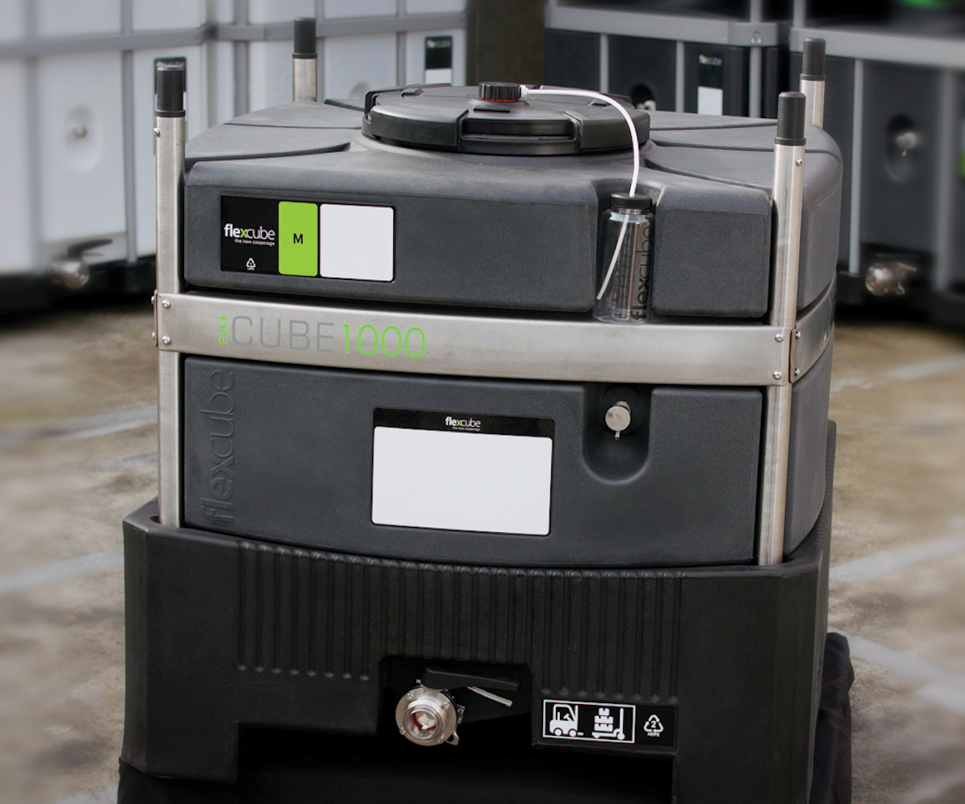
Exploring non-traditional options
In light of the scramble amongst Australian winemakers to get hold of new French oak barrels in time for next vintage, one result could be more producers exploring the possibility of using non-traditional alternative oak products.
Grapeworks is a supplier of various oak alternatives, sourcing certain products from Boisé France.
Tim Gilbert, oenological product manager at Grapeworks said the supplier’s range is made up of Boisé Origine oak chips with 11 specific oak
profiles, Boisé signature oak chip blends, 7mm and 20mm oak staves and barrel inserts.”
“As a pioneer in precision oenology, Boisé offers oenological oak ranges that a renowned for their quality,” he said.
“Winemakers can considerably speed up the oak integration process yet maintain the same quality of wine.”
Gilbert says these products allow winemakers to create a specific profile to match their wine, essentially allowing the winemaker ‘to be much more specific in designing their wine than in an oak barrel’.
Another option for winemakers willing to consider a less traditional option is offered by Victorian manufacturer Flexcube.
Its ‘next-generation’ product is designed to produce fine wine “time and time again” with low cost inputs.
Flexcube managing director Bill Willis said this is in contrast to traditional oak barrels which are getting more expensive, have a limited lifespan and have a large environmental footprint in terms of oak and water.
“Direct Barrels Pty Ltd, trading as Flexcube, produces a maturation vessel which was invented and manufactured in Victoria […] over 10 years and is the answer to the high cost of oak barrels and unreliable supply chains,” he said.
“Cost and quality motivated us to create a new type of vessel with all the advantages of traditional barrels but none of the common problems. It puts the winemaker in control of the wine making process and removes the depreciation variables found in wine from barrel to barrel.”
Willis says the Flexcube barrel alternative mimics the process in an oak barrel with far fewer uncontrolled variables.
“Flexcube – Evolution is a compact modular design,” he said. “The maturation cube is patent-protected and made from food grade, oxygen permeable polymer material. This means your wine gets the consistent oxygen it needs to develop its full character”.
“It has a purpose-built neck, lid and locking ring to ensure there is no wine or gas leakage. A catch bottle is fitted with a one-way valve that’s used to hold any wine or gas that is expelled from the maturation cube.
“Sampling the wine is made easy with a recessed sampling tap and a 50mm discharge tap located at the bottom of the cube. Inside the cube there is a drain sump which ensures all wine drains out.”
To make the same amount of wine, Willis says the Flexcube uses the equivalent wood material of one oak tree whereas conventional winemaking uses 13 oak trees.
The product uses oak staves that are completely exposed to the wine, and Willis added that the Flexcube was specifically designed to produce premium wine.
“Using Flexcube saves oak forests, saves you money and helps the environment at the same time. The cubes have over a 20-year lifespan and are fully recyclable,” he said.
“We have asked leading winemakers to sample wines from Flexcube against traditional barrels. Blind tasting was used and Flexcube wine was found to be equivalent or better than traditionally made wine.
“Flexcube gives you complete control over how much oak is used. The design ensures that all the oak in the cube gets exposed to the wine. With barrels, most of the oak gets wasted because wine is only exposed to one surface of the barrel. Only barrel quality oak staves are used that provide the same extractives that contribute to a wine’s colour and taste at much less cost.”
.
This post was originally featured in the September 2021 issue of the Grapegrower & Winemaker magazine.
To read more articles like this, subscribe online here.
